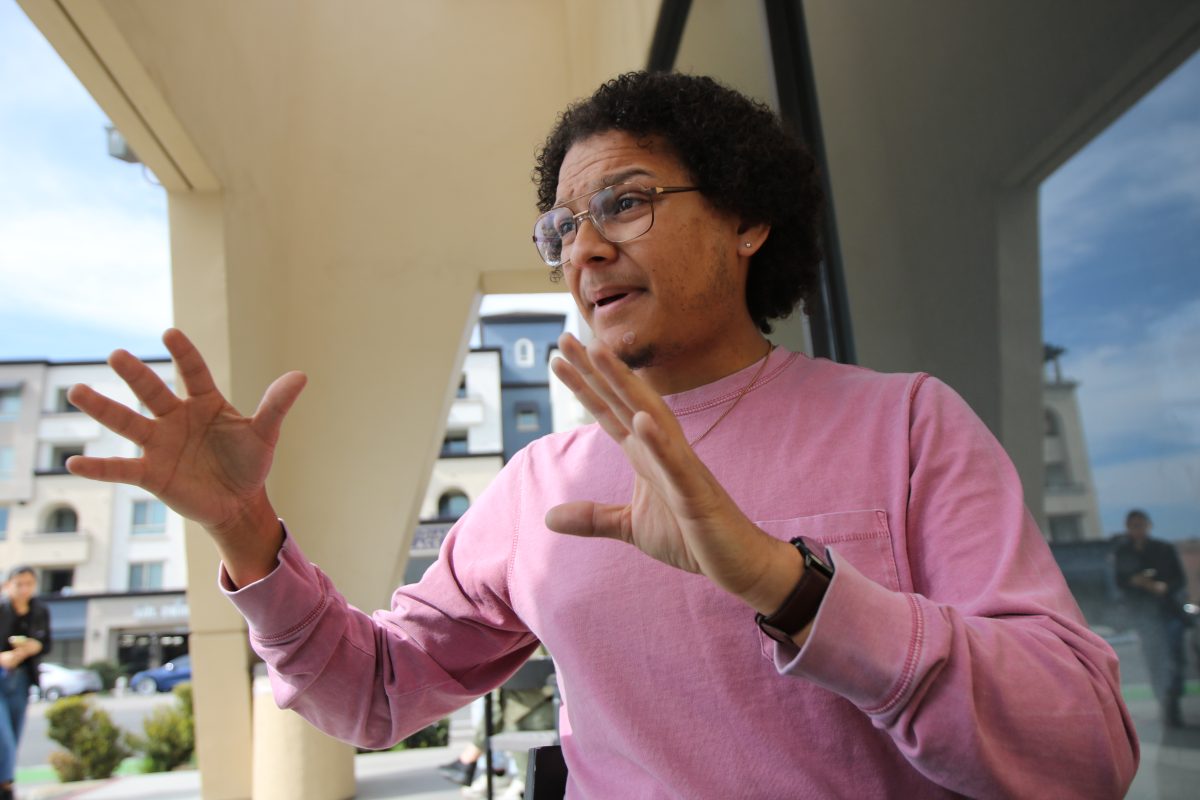An entity that gathers data across California higher education was among the casualties of the 2011-12 state budget.
California Postsecondary Education Commission (CPEC) cost the state $1.9 million annually and is the only independent California agency of its kind that collects data on the state’s higher education system, comparing them to other institutions across the nation.
“The state loses the ability to independently compare information on higher education in California,” said Adrian Griffin, CPEC’s assistant director of research and policy development. “Costs, enrollment, legislation, advising—all that is lost when we go away.”
It is not clear who will house the information after the CPEC and its website are shut down, Griffin said. But community colleges will likely bear the burden.
Officials hope community colleges, which have sustained a $400 million cut so far, will at least be able to store the data so it will not be destroyed.
“That’s one of the challenges,” said Mike Uhlenkamp, CSU spokesman. Colleges would have to devote the resources necessary to fund and house the extensive database of information on California’s community colleges and universities collected since 1974.
“The value (of this) was that you can see your rank against other colleges,” Uhlenkamp said.
In addition to collecting national college data, CPEC reviews proposals for new public colleges and reports their findings to the governor. According to their website, CPEC also evaluates budget requests from state-supported colleges and universities.
“While I appreciate the importance of coordinating and guiding state higher education policy, I believe CPEC has been ineffective,” said Gov. Brown in a press release.
Brown inherited a $26 billion deficit when he took office in 2010, and “everything was on the table” when deciding which programs to cut, said Elizabeth Ashford, spokeswoman in the governor’s office. CPEC’s role was limited.
When CPEC ceases to exist, their website, which allows access to the database, will also shut down. The site generates graphs and charts of state and national data.
Though funding for colleges in California is done by the department of finance, the data shows important statistics such as graduation rates, transfer statistics, and distribution of students, Griffin said. All of this information can inform and affect decisions in the long run.
“We’re unique and there are a lot of organizations that use our data,” said Griffin. Journalists, researchers, and even legislators were among those that relied heavily on the data provided by the CPEC, he added.
While higher education is important, Ashford said, California Republicans did not vote for measures that would have spared entities like CPEC.
“The chips are really down,” she said. “We had to minimize cuts that would end up on the shoulders of higher education. We had to make some tough choices.”
Database information will be accessible until sometime in September, according to the CPEC website. The commission will tentatively hold their quarterly and final meeting in September.





